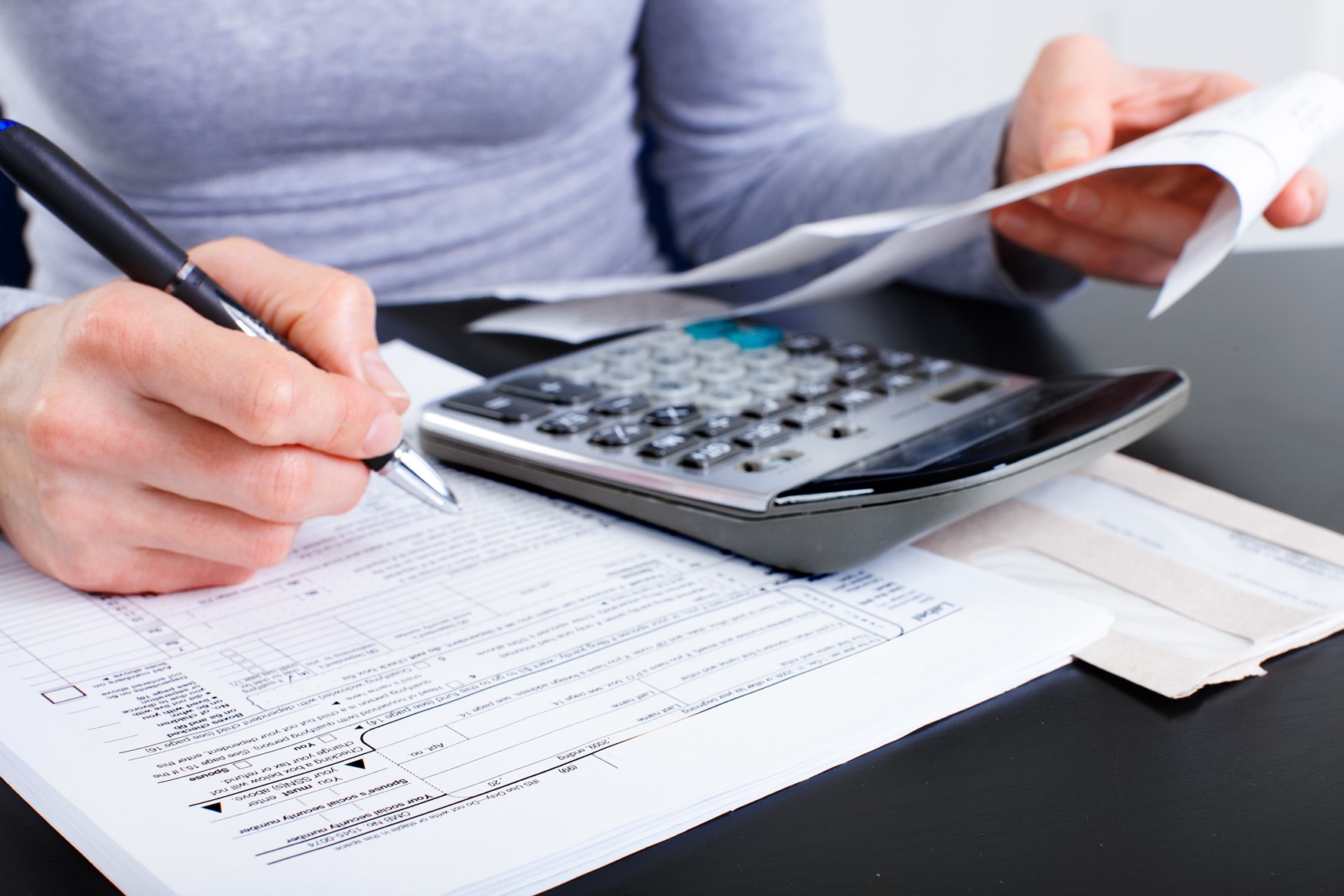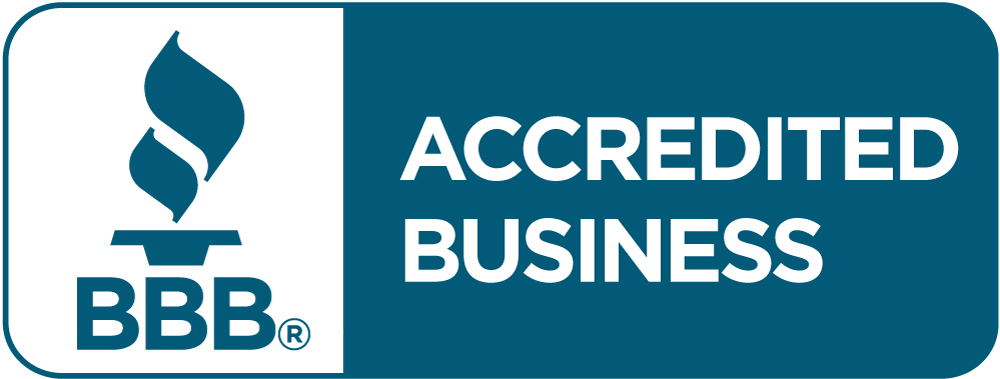Quick Links
ToggleIf you dread tax time as a business owner, you’re not alone. After all, it can be overwhelming having to fork out a fraction of your hard-earned cash, especially if you’re running your own small business.
Thankfully, taxes don’t have to take a huge bite out of your bottom line. With this small business tax deductions checklist, you can free up some of that cash for more important things.
What Is a Tax Deduction?
Before we delve into our list of small business tax deductions, let’s answer the all-important question: what is a tax deduction? Also known as a tax break or tax write-off, a tax deduction is a business-related expense you can deduct from your total income, thus reducing the amount of taxes you must pay.
Small Business Tax Deductions Checklist
This list outlines the numerous small business tax deductions available. Speak to a financial planner or accountant to determine if you’re eligible for these tax breaks.
1. Advertising and Promotion Costs
This includes tasks such as hiring a graphic designer to design your logo, printing costs of business cards or flyers, purchasing online or print ads, designing a new website, event sponsorship, social media campaigns, and more.
2. Business Meals
Businesses can also deduct anywhere from 50% to 100% of eligible food and beverage costs. To be eligible, the meals must be an “ordinary and necessary” part of carrying on business. Additionally, the expense shouldn’t be considered too lavish or extravagant, and a business owner or employee is required to be present at the meal.
This might include a meal with a client or stakeholder to discuss the business, take-out purchased to feed employees while working late, or catering for a company party or event.
3. Business Insurance
The premiums you pay for business insurance may also be eligible as a small business tax deduction. This includes insurance covering property, furniture and equipment, liability, workers compensation, health, business vehicles, business interruption, and more.
4. Bank Fees
If the bank account or credit card associated with your business incurs fees, then these may also be eligible as a tax write-off. This includes service, transfer, overdraft, merchant, or transaction fees, for example.
5. Car Usage
If you use a vehicle for business purposes – whether it’s a business vehicle or your own personal vehicle – some related costs can also be deducted from your taxable income. This involves determining the number of miles driven within a year purely for business purposes, then multiplying that amount by the standard mileage rate set out by the government.
Alternatively, you can add up all your car-related expenses throughout the year, then multiply this amount by the percentage of which you used your car only for business purposes. If you spent $10,000 running your car for the year, and used the car 70% for business, you would get a $7,000 tax deduction, for example.
6. Education
Education that adds value to your business by increasing skills and expertise is also tax-deductible. This might include things such as classes, workshops, online or in-person courses, seminars, and webinars. Additionally, subscriptions to trade-based publications or relevant books may also be eligible as a small business tax deduction.
7. Employee Salaries and Benefits
Generally, the salaries, benefits, and vacation time paid to employees is tax-deductible, however it must meet specific criteria. Firstly, the “employee” cannot be a partner, LLC member, or sole proprietor. Additionally, the salary must be deemed “reasonable, ordinary, and necessary” in relation to the work carried out. Finally, the services must have been provided for these costs to be eligible.
8. Taxes and Licenses
Numerous taxes and licenses related to the operation of your business may also be eligible. These include business licenses, as well as taxes relating to state income, payroll, business property, sales, and fuel.
9. Travel Expenses
If you or your employees have to travel to conduct business, then the fees incurred during this trip may also be tax-deductible, such as lodging, meals, and transport-related costs. To be eligible, the trip must be deemed “ordinary, necessary, and away from your tax home”. It should have occurred outside of the city or area in which you conduct business and required more than a typical day’s work (i.e. a few days in a location), thereby needing overnight accommodation.
10. Charitable Contributions
Although charitable contributions cannot be deducted as a business expense, a business owner may claim the deduction on their personal tax return. Along with monetary contributions, those in the form of goods or property can also be claimed.
Keep in mind that a charity must have 501(c)3 status if you plan to deduct your donation on your federal taxes.
Tax Assistance with Small Business Funding
If you find that your company’s tax bill is still costly, despite applying these tax deductions, then small business finance from Zinch can help.
Contact us at (714) 500-6622 to learn more about your options. You could qualify for up to $250,000 in just 24 hours.










